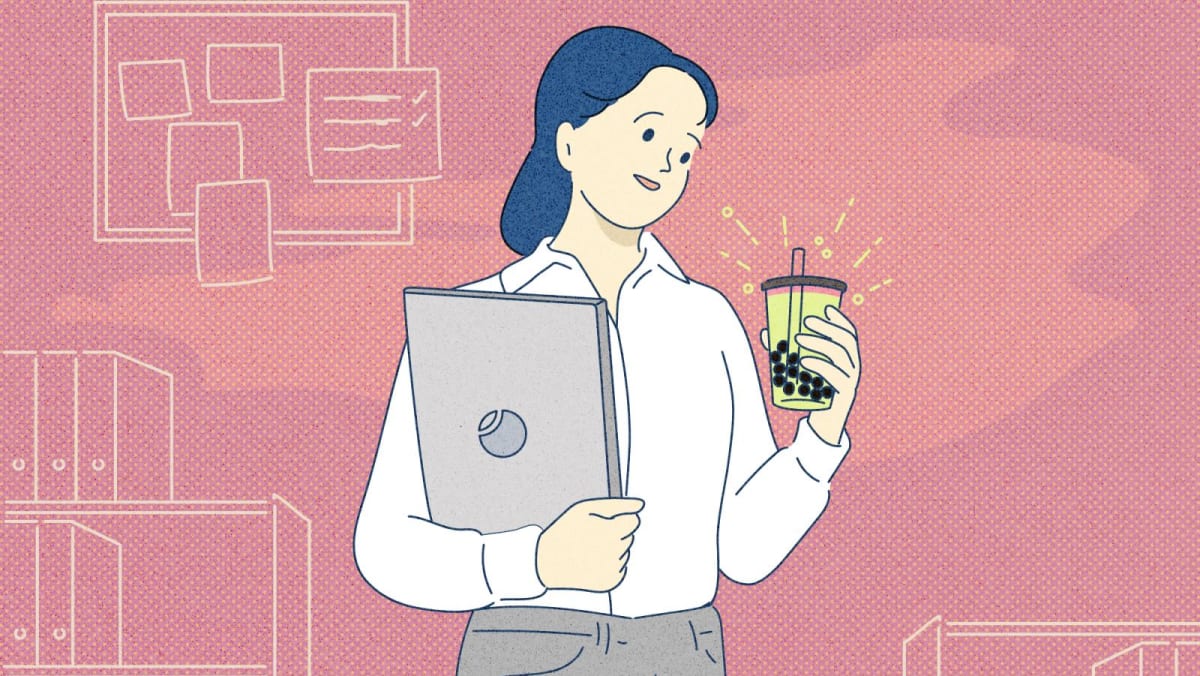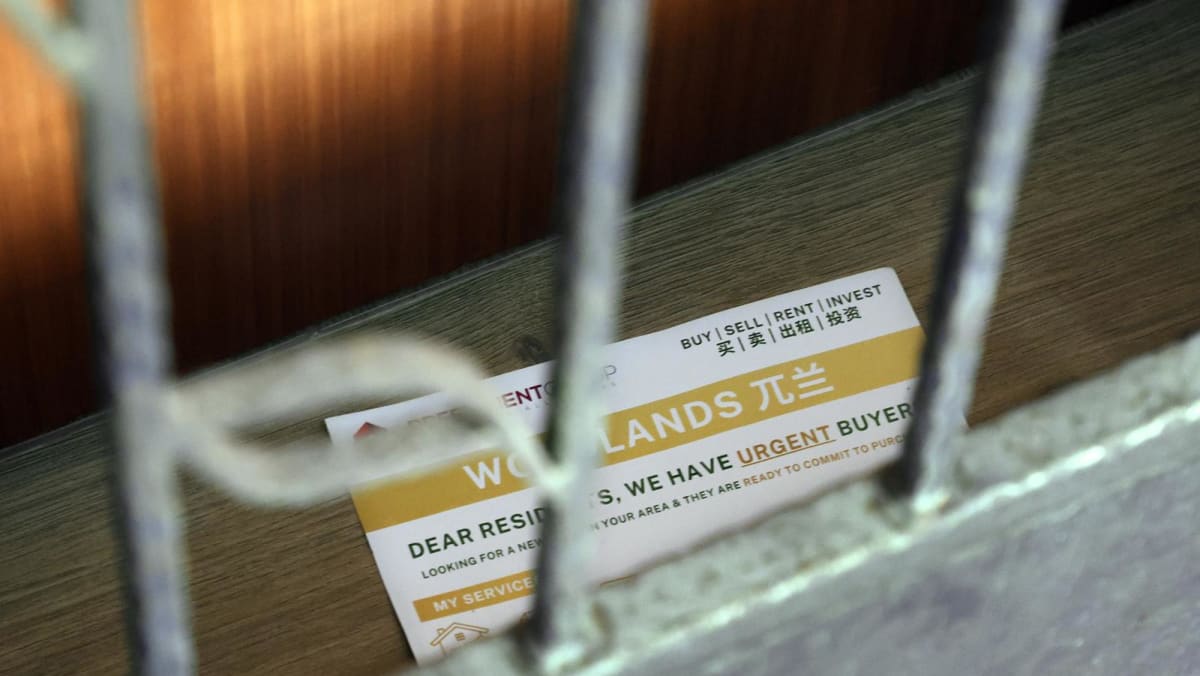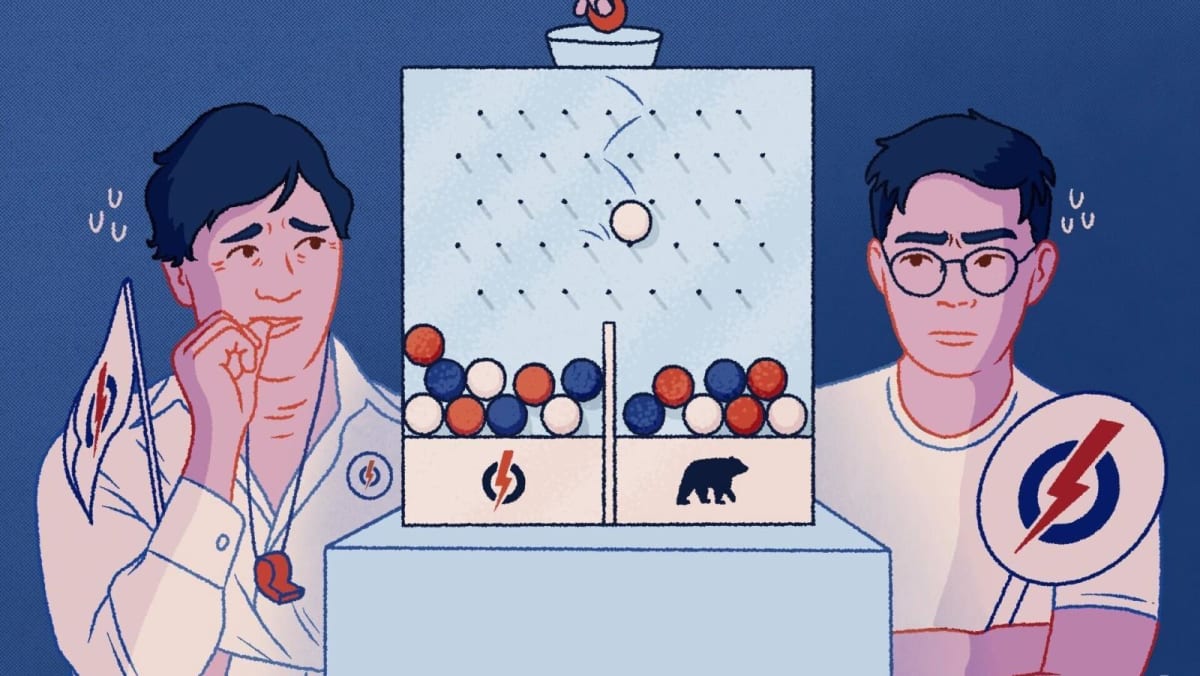In my example, therefore, if I keep “treating” myself during a slump, it can become a psychological crutch when consuming sweet treats crosses the threshold into “emotional eating”, where I am simply trying to “eat away” negative emotions to suppress feelings about work and deadlines.
A key sign to watch for is difficulty stopping once you start or you feel compulsive cravings for sweets in response to stress, Mr Haikal said.
YOUR BODY MAY BE TELLING YOU OF DEEPER NEEDS
Though snacking wisely can help one feel satisfied while keeping energy levels up, Ms Johnson the dietitian said that one would be better off taking the right amounts of carbohydrates, fat and protein in meals because these can support stabler energy levels.
She also pointed out that reliance on quick fixes such as a sugary snack or a dose of caffeine might be masking the primary source of one’s low energy such as sleep deprivation.
“Our energy levels are affected by a myriad of factors from a lack of a balanced diet, poor sleep, chronic stress or chronic health conditions. Thus, it is important to take a step back and consider the root cause of how we are feeling,” Ms Johnson said.
A desire to snack by taking more sugar or caffeine could be coming from yet-to-be-uncovered chronic health conditions such as nutritional deficiencies, insomnia and diabetes, she added.
Besides, drinking too much caffeine could be dangerous for anyone, not least those who may have prevailing health issues such as kidney or heart problems, Ms Johnson cautioned.
She proposed picking up good habits that can support an energy slump. Apart from having a balanced snack, work towards staying hydrated and going for a walk instead.
Mr Haikal said that it would not be enough to try and eliminate your reliance on sweet treats or caffeine since that may leave you feeling unfulfilled.
You must know why it is unhealthy in the long run and accept it in the first place.
You may also have to learn that there are other ways to handle a problem (stress) instead of choosing a quick fix (unhealthy snack) all the time. This means, for example, developing a mindset of understanding that you do not have to get rid of negative emotions immediately.
You have to want to make active choices towards healthier alternatives based on your interests and preferences.
Turning to unhealthy snacks to cope with tough emotions may reinforce one’s tendency to avoid problems and may weaken resilience or one’s natural ability to bounce back from stress, Ms Ooi said.
Instead, you may consider turning to non-consumption rewards such as stepping away from work for a quick walk or chatting with a colleague. These can be much more effective in the long term because they can train the brain to associate rewards with healthier activities.
“Awareness is key. Start by observing when and why you crave them without judgment. Then, make tiny changes. Reduce the amount gradually such as opting for less sugar or a smaller coffee cup,” Ms Ooi suggested.
While I personally make no promises to give up the occasional afternoon snack, working on this article has been a useful exercise in reflection.
The red velvet latte I bought to motivate myself – rich with chocolate and good intentions – was scarfed down before I’d written a single word.
What did help, in the end, was the promise of having some company from my colleague for the journey home, if I met my self-imposed deadline.
No sugar rush and associated crash, just the quiet reward of something meaningful to look forward to at the end of a dreary work day.














